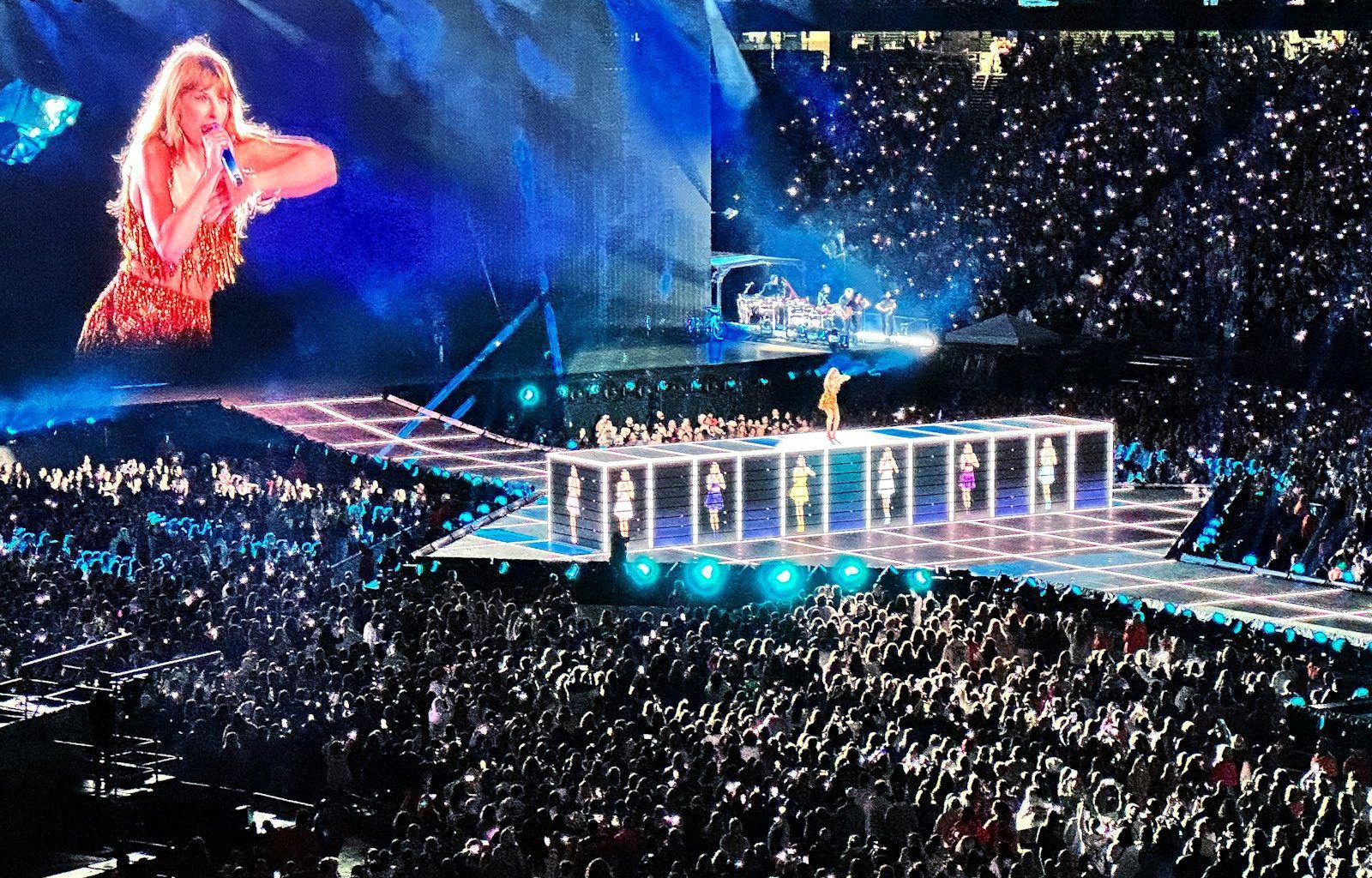Taylor Swift is a name that resonates across the world. From her early days as a country music sensation to her transformation into a pop icon, Taylor Swift has left an indelible mark on the music industry. But there’s a question that keeps popping up among her fans and the media alike: does Taylor Swift own her masters?
What Does Owning Your Masters Mean?
To understand Taylor Swift’s situation, let’s first dive into what it means to own your masters. In the music industry, the term “masters” refers to the original recordings of an artist’s music. Whoever owns the masters has the ultimate control over how those recordings are used, licensed, or sold. This means they get the bulk of the royalties whenever the music is played, streamed, or used in commercials, movies, or TV shows.
For many artists, owning their masters is a dream because it gives them creative and financial control. However, it’s not always the reality. In traditional record deals, the label often retains ownership of the masters while the artist earns royalties from their sales and streams. This setup has caused friction between artists and labels for decades.
Taylor Swift’s Early Record Deal
Taylor Swift signed her first record deal at the tender age of 15 with Big Machine Records. At the time, this was a fantastic opportunity for a young artist who wanted to make her mark in the industry. Big Machine Records, led by Scott Borchetta, took a chance on Taylor and helped launch her career.
However, the deal she signed came with a catch: Big Machine Records would own the masters of all the albums she recorded under their label. This is a common practice in the music industry, especially for young and upcoming artists. In exchange, the label provides the financial backing and resources needed to produce and promote their music.
The Sale of Big Machine Records
In 2019, Taylor Swift’s world was turned upside down when Big Machine Records was sold to Ithaca Holdings, a company owned by music manager Scooter Braun. This sale included the ownership of Taylor Swift’s masters from her first six albums. The news shocked Taylor and her fans, sparking a highly publicized dispute.
Taylor accused Scooter Braun of bullying her in the past and expressed her disappointment that her life’s work had been sold without her consent. In an emotional post on social media, she revealed that she had tried to buy her masters back but was not given the opportunity.
Why Don’t More Artists Own Their Masters?
The issue of artists not owning their masters is not unique to Taylor Swift. Many musicians, especially those who start their careers young, sign contracts that favor the record labels. These deals often include clauses that allow the label to retain ownership of the masters in perpetuity.
Labels argue that they take significant financial risks by investing in artists. They fund the production, promotion, and distribution of music, which can be costly. In return, they expect to recoup their investment by owning the masters and earning a larger share of the profits.
For artists, especially new ones, the opportunity to work with a major label often outweighs the drawbacks of not owning their masters. However, as they grow in popularity and understand the value of their work, many artists start to push back against this system.
Taylor Swift’s Fight for Control
Taylor Swift’s situation sparked a broader conversation about artists’ rights and ownership in the music industry. She took a bold step by announcing that she would re-record her first six albums. By doing this, she would regain control over her music and offer fans an alternative to the original recordings owned by Scooter Braun.
Her decision to re-record her albums was met with widespread support from fans and fellow artists. It also raised awareness about the importance of owning one’s masters. Taylor’s move was not just about reclaiming her work; it was also about sending a message to the industry that artists deserve more control over their creations.
The Impact of Re-Recording Her Albums
Re-recording her albums has allowed Taylor Swift to take back some power. Fans have eagerly embraced these new versions, known as “Taylor’s Versions,” and they’ve become just as popular, if not more, than the originals. By streaming and purchasing these re-recorded tracks, fans are helping Taylor bypass the original masters’ ownership and earn royalties directly.
This approach has proven to be a game-changer, not just for Taylor but for other artists who might find themselves in similar situations. It shows that there are ways to reclaim control even when the odds seem stacked against you.
Lessons for Aspiring Artists
Taylor Swift’s story offers valuable lessons for aspiring musicians. One of the key takeaways is the importance of understanding your contracts. Many young artists, eager to launch their careers, may overlook the fine print. However, the terms of a contract can have long-lasting implications for their rights and earnings.
Another lesson is the power of resilience. Taylor could have accepted the situation and moved on, but instead, she chose to fight for her music. Her determination has inspired countless others to stand up for their rights and challenge the status quo.
The Bigger Picture: Artists’ Rights
The question of whether Taylor Swift owns her masters has opened up a larger discussion about artists’ rights in the music industry. It has highlighted the need for more transparent and fair contracts that prioritize the interests of the creators.
Many industry experts believe that Taylor’s fight could lead to significant changes. As more artists speak out and demand ownership of their work, record labels may be forced to rethink their practices. This could pave the way for a more equitable system where artists have greater control over their creations.
What’s Next for Taylor Swift?
As of now, Taylor Swift does not own the masters of her first six albums. However, her decision to re-record these albums has given her a unique way to reclaim her music. She continues to use her platform to advocate for artists’ rights and inspire others to take control of their work.
Taylor’s story is a testament to the power of perseverance and the importance of standing up for what you believe in. It’s a reminder that even in the face of adversity, it’s possible to create change and make a difference.
Conclusion
So, does Taylor Swift own her masters? The answer is no, not for her first six albums. But she’s found a way to turn this challenge into an opportunity. By re-recording her music and raising awareness about artists’ rights, Taylor has proven that ownership is about more than just contracts; it’s about taking control of your narrative and fighting for what’s right.
Her journey has inspired fans, musicians, and industry professionals alike. It’s a story of resilience, determination, and the unwavering belief in the power of music. Taylor Swift’s fight for her masters is far from over, but one thing is certain: she’s not backing down, and neither should any artist who values their work.
Related Articles:
For further reading, explore these related articles:
- BTS All Songs List in Order: A Journey Through Music
- The Power of Beat It Lyrics: A Song That Speaks to Everyone
For additional resources on music marketing and distribution, visit DMT RECORDS PRIVATE LIMITED






